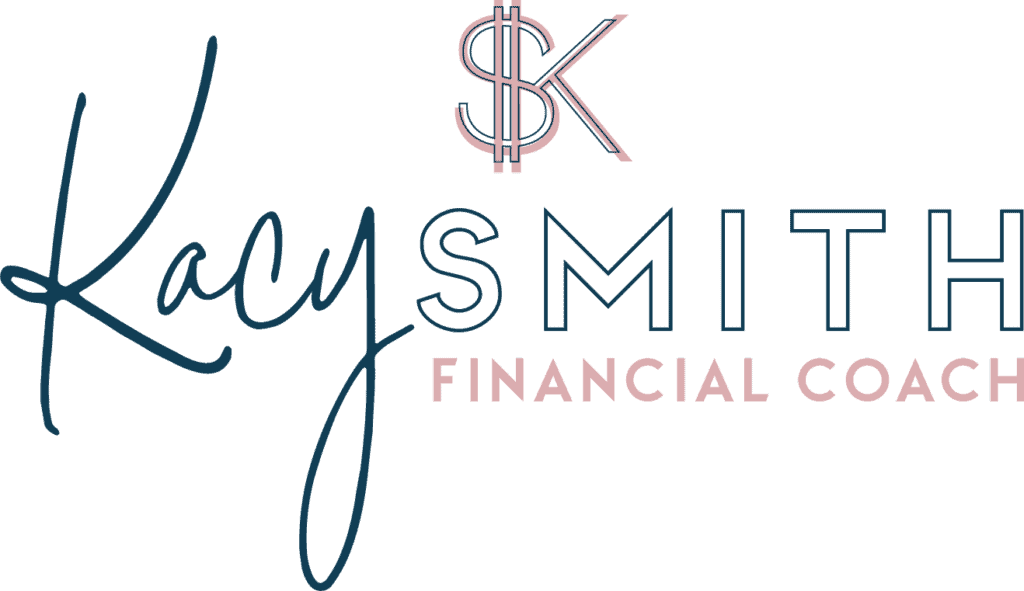IT’S THAT TIME OF THE YEAR! IT’S OFFICIALLY SPRINGTIME EVEN THOUGH IT DOESN’T FEEL LIKE IT IN SOME AREAS. WHEN IT COMES TO SPRING CLEANING WE ALL THINK ABOUT DEEP CLEANING OUR HOMES AFTER A LONG WINTER. BUT JUST AS YOU WOULD SPRING CLEAN YOUR HOME, YOUR FINANCES COULD USE SOME SPRING CLEANING AS WELL. HERE’S HOW!

1. Getting organized with your financial accounts needs to start with maintaining a master list of all your accounts, their account numbers, usernames, and passwords. There are several ways you can create this list. If you choose the good ole’ pen and paper method, make sure you keep it securely locked in a safe or file cabinet. If you are more digitally inclined, you can create a password for the document. This might include an Excel Spread Sheet, and app on your phone, or a word document. Just make sure that someone else besides yourself has access to this information in the event something happens to you. It could become pretty stressful if someone had to come in and take over your finances and not have the information to continue business as usual for you.
This is also a good time to pull your free credit reports from annualcreditreport.com. Check for any discrepancies or errors.
2. Almost every company now offers paperless billing. Take a few minutes to visit each account and opt for paperless billing. You can either do this by calling the company directly, or logging into your account online and opting from there. Some banking or bill pay sites will allow you to opt for paperless billing from there. This is a great way to cut down on that excess paper that seems to pile up on the counter every month and is better for the environment. For more important papers such as power of attorney documents, birth certificates, car titles, and insurance documents, it’s suggested that you organize these in a binder and store in fire proof safe or a bank safety box. You can even go a step further and turn your office completely paperless by buying a scanner and scanning all of your documents onto your computer. Just make sure you have at least two back ups. An external hard drive and a 3rd party off-site digital storage. Lastly, discard any old paperwork or documents that you no longer need. You can discard/shred tax filings and paperwork after 7 years while only needing to keep your bank statements for one year.
3. Time to go through your budget. This gives you the chance to see if you’ve been over spending. Check for auto-renewal subscriptions or membership dues you’ve forgotten about that were being drafted automatically that you meant to cancel. Look for over-spending in your budget categories. Where can you cut back? While you are checking your budget, this is an opportune time to call various companies and ask for a discount, cheaper rate, or lower interest rate. I know most cable companies will offer a promotion even if you’ve been a long-term loyal customer.
4. Spring Cleaning should also give you an opportunity to evaluate your goals? Will you need to be purchasing a car soon, or are you wanting to take that much needed vacation. Have you been wanting to support a church mission? Now is the time to prepare for the expected (or even unexpected) costs coming up this year. Open up separate savings accounts for each goal and make sure you set aside money each month so that you are prepared. It’s better to take the money out of your checking account right away and put in a savings account instead of accidentally spending it elsewhere or even catching yourself using a credit card.
5. Speaking of credit cards! Let’s cut those up! With over 126 million American households, the average household has around $8,161 in revolving debt, approximately $6,577 of which is credit card debt. There’s no time like the present to decide to become debt-free. Just think what you could do with those monthly payments going towards your credit cards. Make a list of all your credit cards or loans and start paying them off from smallest to largest. Set a goal to be completely or almost debt-free by the end of the year.
6. Check your withholding. Did you get a large income tax return this year? If you did, you’ve just given Uncle Sam extra money each month, only to get it back without interest. Check with your tax preparer and consider adjusting your withholding so that you get none to little back in April. Even by taking $50 of that money and investing in a Roth IRA over period of years will substantially grow!
7. Not sure if you are getting the best rate(s)? Checking your insurance rates is a good way to see if you can save some money throughout the year. Companies change their rates often, so call around and see if in fact you are getting the best rate you can, whether auto insurance, life insurance, homeowners insurance, or renter’s insurance.

